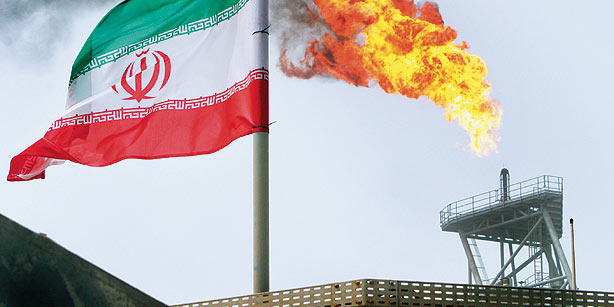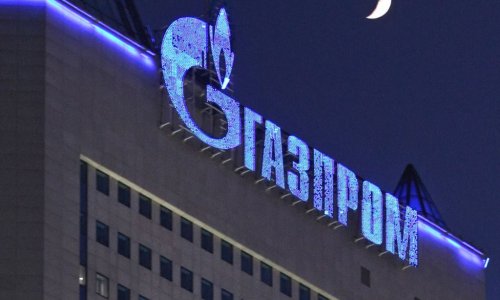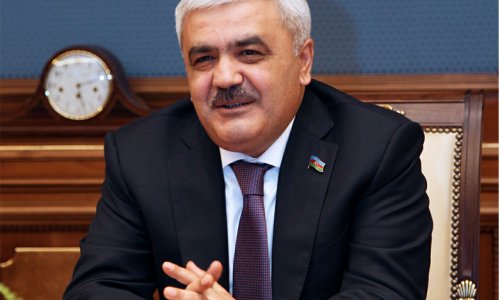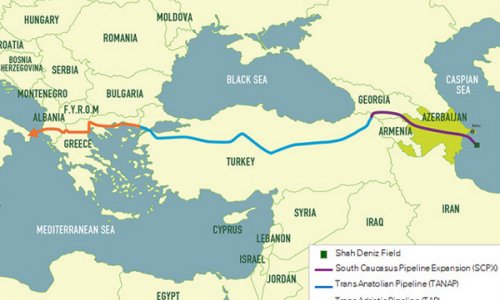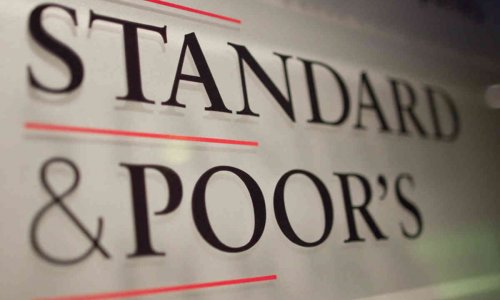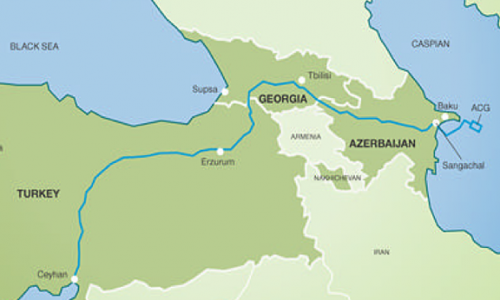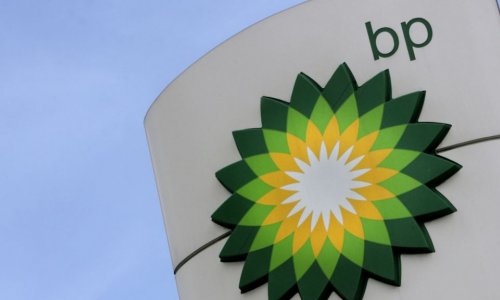By Moses Rahnama
(FT) - After Iran struck a deal with world powers over its nuclear programme, Hossein Zamaninia, its deputy oil minister, struck a hopeful tone, saying Europe could be a market for the country’s natural gas in the years to come.
Iran may be the world’s third largest gas producer, but it faces several challenges in exporting the country’s most abundant commodity to Europe. These include a looming oversupply of liquefied natural gas; growing competition from other producer countries; demand weakness in the continent; and infrastructure troubles at home.
Iran may be the world’s third largest gas producer, but it faces several challenges in exporting the country’s most abundant commodity to Europe. These include a looming oversupply of liquefied natural gas; growing competition from other producer countries; demand weakness in the continent; and infrastructure troubles at home.
LNG
The global LNG market is about to lurch into a period of oversupply. Waves of new liquefaction facilities from Australia to the US will begin loading large volumes of gas as early as this year. By the end of the decade, LNG supply capacity will grow by more than 160bn cubic metres (bcm) a year. Asia should be the first port of call for many of these cargoes, but the gas demand outlook in Asia remains modest for the next few years at least, meaning Europe would take the remainder as it has done this year.
Azerbaijan
Gas coming from Azerbaijan’s giant Shah Deniz field is on the rise. A pipeline from Azerbaijan to Turkey is under construction and works on the Trans-Anatolian pipeline began early this year. This means by 2018, up to 16 bcm of Azerbaijani gas will find its way to Europe.
Russia
The cancellation of the South Stream pipeline seemed to have knocked Russian efforts to send more gas into southern Europe, but it was quickly replaced with the similar Turkish Stream pipeline. This 60 bcm per year subsea pipeline will compete directly with any effort by Iran to market its gas in Europe.
In fact, Iran has been losing market share to Russia in Turkey, the only gateway market into Europe it supplies. In 2010, Iran supplied around 20 per cent of Turkey’s gas imports, but last year it fell to 18 per cent. Over the same period, Russian gas exports to Turkey have almost doubled to 30 per cent.
Turkey’s neighbour Greece is now also a target market for new Russian gas. Meanwhile, plans to expand the 45 bcm per year Nord Stream pipeline that brings gas directly from Russia to Germany is moving ahead, giving it a stronger presence in Western Europe.
European demand
European gas demand has been in decline since 2008, reflecting industrial sector stagnation and the growth of renewable power generation. The only source of long-term upside to European gas demand is the power sector and the impact of carbon emissions policies. While this could eventually increase the volumes of gas used in Europe, emissions prices would have to significantly increase to encourage utilities to switch from burning coal to gas in meaningful volumes.
Iran’s export conundrum
Despite having the world’s second largest gas reserves, Iran has been a consistent net importer of the commodity over the past decade due to heavily subsidised energy prices and low energy efficiency. Iran will need to introduce serious reforms to control the unusually high growth rate of domestic gas demand.
Iran has also said it requires hundreds of billions of dollars to revive its gas industry with significant investment needed to build pipelines from Iran to Europe; including the 1,000-mile pipeline from Iran’s southern fields to its northwestern border. Securing financing for such projects without a permanent lifting of international sanctions will be difficult.
The alternatives
Considering Iran’s obstacles to finding a strong commercial position in the European gas market, the country is much better placed to export any surplus gas it produces to its energy-hungry neighbours. Iraq, Pakistan and Oman have already signed supply agreements with Iran. But even then, regional politics, and the price these countries might be willing to pay for gas, present hurdles that will have to be overcome.
www.ann.az
Follow us !

